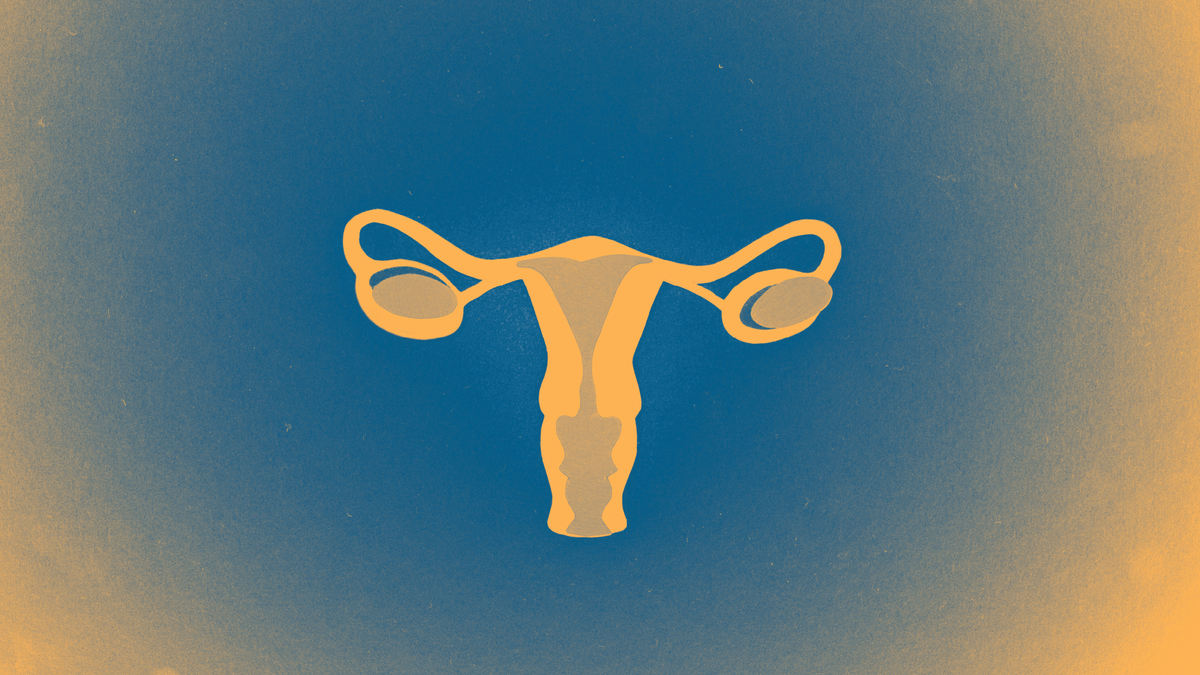Social media users debate the ethics of abortion
An educational video about so-called crisis pregnancy centers receives mixed reactions from viewers.

An educational video about so-called crisis pregnancy centers receives mixed reactions from viewers.
This past week, online conversations about reproductive health primarily focused on abortion laws and so-called crisis pregnancy centers, with news stories and an educational Instagram reel driving spikes. In these discussions, social media users and political figures frequently used words like “immoral,” “unethical,” and “disgraceful” to refer to both abortion-rights and anti-abortion figures, reflecting the high emotions and long-standing polarization surrounding abortion. These conversations provide an opportunity for public health communicators to educate about local abortion laws and where to find legitimate abortion care.

Insights brought to you by the reporters and science writers of Public Good News (PGN), a nonprofit newsroom dedicated to improving community health.
What’s trending nationally in conversations about reproductive health
On July 5, the Kansas Supreme Court struck down two laws that limited abortion access by banning dilation and evacuation (D&E) abortion procedures and placing restrictions on medication abortion. Over the next two weeks, conversation about the decision spread across multiple news websites and social media platforms. Some social media users expressed concern about the ruling and falsely claimed that D&E abortions are “late-term” abortions and are therefore “unethical.” However, many called the decision a “victory” for abortion rights, with one celebratory Instagram post garnering more than 30,000 likes as of July 16.
On July 10, the Arkansas secretary of state rejected a petition with more than 100,000 signatures to add an abortion access measure to the state’s ballot due to missing paperwork. News of the decision spread quickly across multiple news websites and on X, where Arkansas Governor Sarah Huckabee Sanders criticized those who signed the petition, saying “Today the far left pro-abortion crowd in Arkansas showed they are both immoral and incompetent.” Her post garnered 212,400 views, 1,600 likes, 460 reposts, and almost 790 comments as of July 16. Many of the comments were critical of Sanders’s view. One read, “Disgraceful that you continue forcing a 12 year old to become a mother. That your party forces rape and incest survivors to give birth. That you think it’s ‘pro-life’ to make a mother who desperately wants a baby to carry a dead fetus to term.”
Debate about the ethics of abortion continued on July 10 when an Instagram reel educating viewers about crisis pregnancy centers received widespread attention, garnering more than 105,000 likes as of July 16. The creator of the reel explained that these centers often provide misleading information about pregnant people’s options to discourage them from seeking abortions. Some social media users who commented on the reel applauded its creator for sharing this information. Others voiced their support for crisis pregnancy centers, stating that the centers are “educating women on their options and the consequences of all choices.”

Recommendations brought to you by the health communication experts behind Infodemiology.com.
Recommendations for public health professionals
Given the current conversation spikes, the public may have questions about D&E abortions. Messaging may emphasize that a D&E abortion is a safe and effective in-clinic abortion procedure that uses suction and metal tools to empty the uterus. Pregnant people can get a D&E abortion if it has been 16 weeks or longer since their last period.
Staying up to date on gestational abortion limits and other abortion laws in your state is recommended. Learn more from AbortionFinder.org’s state-by-state guide. Ensuring that abortion-related messaging includes information about where and how people can access abortion pills in your state is also recommended.
These conversations provide an opportunity to educate target populations about crisis pregnancy centers. Messaging may emphasize that crisis pregnancy centers are not medical centers and do not provide abortions. Two resources may also be of interest: The public can learn more about how to identify a crisis pregnancy center from Planned Parenthood. And anyone seeking abortions can locate legitimate, trustworthy abortion clinics by visiting AbortionFinder.org or by calling their local Planned Parenthood.
